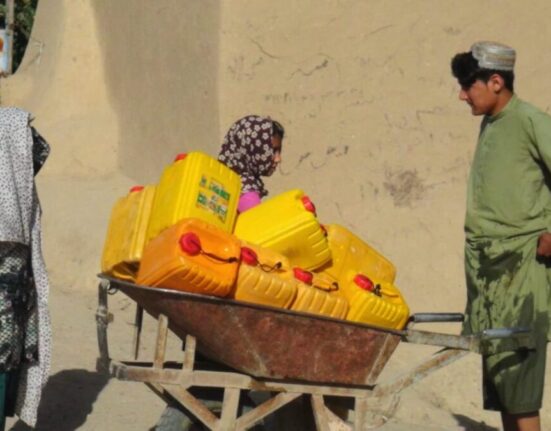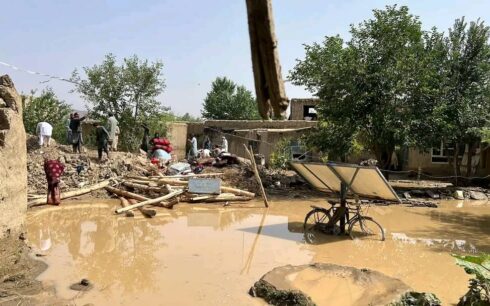At a ceremony in Kabul on Thursday, Taliban’s deputy foreign minister, Abbas Stanekzai, recognized the ban on girls’ education as a major factor causing distance between the public and the Taliban government. He emphasized the necessity of lifting the restriction to address public discontent.
The closure of secondary schools for girls has persisted for over two years, with the Taliban imposing the ban in September 2021. Despite their initial vow to announce a new curriculum for the return of girls to schools, no concrete steps have been taken since. This has left those who completed primary school over the last two years with no prospects for continuing their education in secondary schools (from sixth grade to 12th grade) as the final exams for Afghanistan’s schools approach this month.
Stanekzai, a key participant in the Taliban’s talks with the US in Doha in 2019, has previously spoken about girls’ education on multiple occasions. He highlighted the societal impact of education, referring to it as “everyone’s natural right bestowed by God through the Prophet.”
Addressing an event focused on the graduation of vocational program students, Stanekzai questioned the deprivation of this right, calling it an “oppression and violation against these people, against Afghans.”
“Efforts should be made to provide education opportunities to everyone,” he said. “Today, the only problem we have with our nation, our neighbors, and the world is because of this. Today if our nation takes distance from us, is upset from us, or has complaints from us, all are because of education.”
According to UN figures, over 1.1 million children have been deprived of schooling due to the Taliban’s ban on secondary schools. In December of the previous year, the Taliban also prohibited women from attending universities and working in non-government agencies. Despite numerous calls from the international community, the United Nations, and other organizations for the reopening of schools, they have remained closed.





